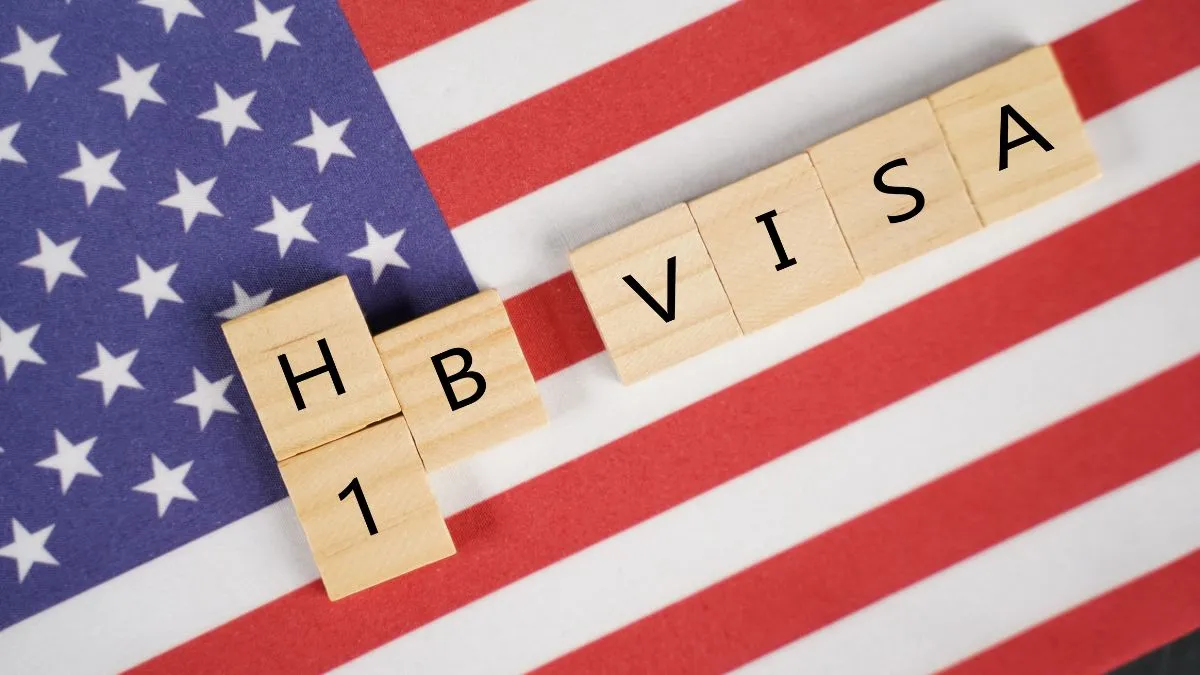- By Shivangi Sharma
- Tue, 25 Mar 2025 03:37 PM (IST)
- Source:JND
In light of growing uncertainty surrounding US immigration laws, legal experts are urging H-1B visa holders, students on F-1 visas, and even green card holders to exercise caution when travelling abroad. The Trump Administration's intensified immigration policies have resulted in heightened scrutiny by key US immigration agencies, including the United States Citizenship and Immigration Services (USCIS), Immigration and Customs Enforcement (ICE), Department of Homeland Security (DHS), and Customs and Border Protection (CBP).
Millions of Indians living, working, or studying in the US are now facing enhanced checks upon re-entry to the country. Although permanent residents and valid visa holders do not face immediate risks concerning their residency or work status, these enhanced checks may test their patience and lead to unexpected delays.
Administrative Challenges and Delays in Visa Processing
Immigration attorneys warn that individuals travelling for employment-related reasons or visa renewals may experience significant administrative delays. Reports indicate that US consulates abroad are dealing with increasing backlogs in visa stamping, resulting in considerable waiting times.
Recent comments by US Vice President JD Vance have further escalated concerns. He stated, “A green card does not give an individual an indefinite right to stay in the United States,” fueling anxiety among Indian immigrants. Over the past few weeks, increased scrutiny at airports and embassies has led to prolonged interviews and additional security measures for travelers returning to the US.
Travel Checklist for Immigration Compliance
To mitigate risks, legal experts have outlined a checklist for those travelling overseas:
A valid passport with an unexpired visa or Green Card
Re-entry permit if applicable
Employment verification documents, including a recent W-2 form and pay stubs
Bank account statements
A valid US driver’s license
For students, a letter from their university confirming enrollment
Travellers who have stayed abroad for extended periods, particularly beyond six months, should be prepared for lengthy interviews and secondary inspections, which may last over two hours. Those with expired documents may face serious consequences, including revocation of their immigration status. Appeals, however, can be filed with USCIS or immigration courts if necessary.


